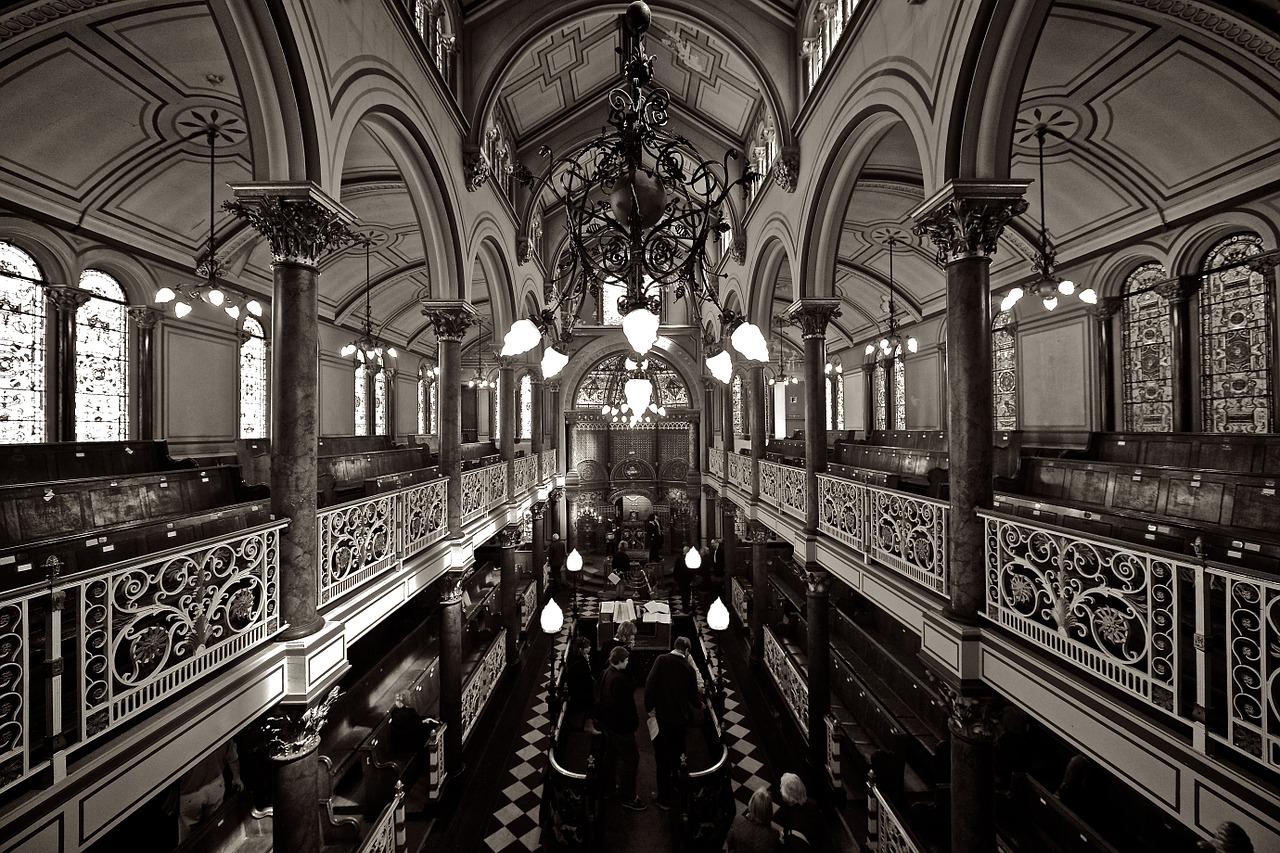the Herald bulletin March 29th edition
Preparing to Build the Temple
In 2 Samuel 7, we learn that David wanted to build a temple to God, but the Lord gave that privilege to his son instead. David then made preparations for the building of the temple while he was reigning so that his son Solomon would build the temple when he took the throne. Toward the end of his reign in 1 Chronicles 29:1-9, David gave the final provisions for the building of the temple before he would die (1 Chronicles 29:28 says he died in a good old age). There are spiritual principles even in this preparation for the Old Testament temple that we can apply today in the church, the New Testament temple (1 Corinthians 3:16, Ephesians 2:21).

What the Jews often cherished about the temple was its grandeur and splendor. Even in the first century AD, when the temple was rebuilt under Herod’s reign, the disciples of Jesus wanted to show Him the buildings of the temple complex (Matthew 24:1). As some spoke of the temple, how it was adorned with magnificent stones and offerings (Luke 21:5). But those physical features were not what really made the temple of great value. The value of the temple was that God manifested His presence there. Solomon recognized when he built it that it could not contain God (1 Kings 8:27); nothing on earth can, but, nevertheless, the glory of the Lord filled the temple, as a demonstration of His presence (1 Kings 8:10-11). There are some fine people in the Lord’s church, but what makes the Lord’s church so precious is God’s presence among His people. The reason God’s people are holy is because they belong to the Holy God. 2 Corinthians 6:16 says, “for ye are the temple of the living God; as God hath said, I will dwell in them, and walk in them; and I will be their God, and they shall be my people.” The Old Testament temple was built for Israel to have fellowship with God. The reason Jesus Christ built the church is so that men might have fellowship with God in the church (Ephesians 1:22-23; 2:16).
In accordance with this truth, David realized in the long ago that his preparation for the Lord’s temple was not work that he was doing for man, but for God. In 1 Chronicles 29:1, he said, “for the palace is not for man, but for the LORD God.” That fact made all the difference for David in the importance of building the temple. Because he was preparing a place for God, David said, “I have prepared with all my might…” (1 Chronicles 29:2). Do we in the church prepare with all our might to worship, to serve, to evangelize? There are examples all about us of people who give all their might to climb the corporate ladder, win a championship in sports, or accomplish any number of earthly achievements. Shouldn’t we have at least that level of energy and zeal when it comes to working in the Lord’s church? 1 Corinthians 9:25 says, “Now they do it to obtain a corruptible crown; but we an incorruptible.”
David was willing to sacrifice himself for the temple. 1 Chronicles 29:3 indicates that not only did he give of the king’s treasury for the work, but also of his own private treasure. 1 Chronicles 29:5-9 reveals how that the chief men followed David’s example and gave willingly. When we give of our money, time, talents, and energy to the Lord, do we do it willingly and happily? There is no greater joy than to serve the Lord out of a willing heart.
As the church we are part of a greater temple than David ever knew in his time. Let’s mimic his example and enthusiasm for preparing to build the temple of the Lord.
-by Mark Day
Lesson Audio – God is Not Mocked

03.22.15 pm – Mark Day – God Is Not Mocked – Lesson on reaping what you sow and the eternal consequences of what we sow in this life.
Scripture Reading – Galatians 6:7-10
Lesson Audio – If I Were a Better Preacher

03.22.15 am – Mark Day – If I Were a Better Preacher – A lesson on Christian life, evangelism, and being better for Christ and the word.
- « Previous Page
- 1
- …
- 559
- 560
- 561
- 562
- 563
- …
- 587
- Next Page »